Cloud-Based POS vs. On-Premise: Which is Better for Your Business?
In today's fast-paced retail and hospitality industries, choosing the right Point of Sale (POS) system is crucial for operational efficiency, customer satisfaction, and business growth. The fundamental decision many business owners face is whether to opt for a cloud-based POS solution or stick with traditional on-premise systems. This comprehensive guide will explore both options, helping you determine which better suits your specific business needs.
Understanding the Core Differences
Before diving into comparisons, let's clarify what distinguishes these two POS approaches:
Cloud-Based POS systems store data on remote servers and are accessed via the internet. They typically operate on a subscription model with regular software updates handled by the provider.
On-Premise POS systems are locally installed on your business's hardware and servers. You purchase the software license outright, and all data resides within your physical location.
Cost Considerations: Upfront vs. Ongoing
One of the most significant differences between these systems lies in their cost structures:
Cloud-Based POS:
-
Lower initial investment (no need for expensive servers)
-
Monthly or annual subscription fees
-
Typically includes software updates, maintenance, and support
-
Scalable pricing that grows with your business
On-Premise POS:
-
Higher upfront costs for software licenses and hardware
-
Potential additional expenses for servers and IT infrastructure
-
One-time purchase (though may require paid upgrades)
-
Responsibility for maintenance and updates falls on your business
For small to medium businesses with limited capital, cloud solutions often provide a more accessible entry point. Larger enterprises with existing IT infrastructure might find on-premise systems more cost-effective long-term.
Accessibility and Mobility
The modern business landscape demands flexibility, and here cloud POS shines:
Cloud Advantages:
-
Access your POS from anywhere with internet connectivity
-
Real-time data synchronization across multiple locations
-
Mobile-friendly interfaces for tablets and smartphones
-
Easy integration with e-commerce platforms
On-Premise Limitations:
-
Typically tied to specific terminals within your business
-
Remote access requires complex VPN setups
-
Data between locations may not sync in real-time
If you manage multiple stores, pop-up locations, or need to check sales remotely, cloud-based systems offer undeniable advantages.
Data Security and Compliance
Security concerns often arise in the cloud vs. on-premise debate:
Cloud POS Security:
-
Enterprise-grade security measures from providers
-
Regular security updates and patches
-
Data backups and disaster recovery protocols
-
Compliance with industry standards (PCI DSS, GDPR)
On-Premise Security:
-
Complete control over your data
-
Responsibility for implementing security measures
-
Requires in-house expertise to maintain security
-
Must independently ensure compliance
While some businesses prefer the perceived security of keeping data on-site, reputable cloud providers often offer superior protection through dedicated security teams and infrastructure most SMBs couldn't afford independently.
System Reliability and Uptime
Business continuity depends on system reliability:
Cloud POS Reliability:
-
Dependent on internet connectivity
-
Provider handles server maintenance and uptime
-
Typically offers 99.9% uptime guarantees
-
Automatic failover systems
On-Premise Reliability:
-
Operates independently of internet (transaction processing)
-
Vulnerable to local hardware failures
-
Requires manual backups
-
Maintenance downtime affects operations
Businesses in areas with unreliable internet might prefer on-premise for basic transaction processing, though hybrid solutions can offer the best of both worlds.
Customization and Integration Needs
The flexibility to adapt your POS to unique business requirements varies:
Cloud POS Integration:
-
Growing ecosystem of third-party integrations
-
API access for custom solutions (varies by provider)
-
Regular feature updates from provider
On-Premise Customization:
-
Greater potential for deep customization
-
Can modify source code (if licensed)
-
Integration depends on internal IT resources
Businesses with highly specialized workflows might prefer on-premise solutions, though many cloud providers now offer robust customization options.
Scalability for Growing Businesses
Your POS should grow with your business:
Cloud Scalability:
-
Easily add new registers or locations
-
No hardware limitations (cloud handles backend)
-
Global expansion simplified
On-Premise Scaling:
-
Requires additional hardware purchases
-
More complex multi-location deployment
-
Server capacity planning needed
For rapidly expanding businesses, cloud solutions typically offer smoother scaling paths.
Industry-Specific Considerations
Certain industries may favor one approach:
Cloud POS Ideal For:
-
Retail chains
-
Restaurants with multiple locations
-
Seasonal businesses
-
Businesses with remote management needs
On-Premise Suited For:
-
High-volume single locations
-
Businesses in areas with poor internet
-
Organizations with strict data residency requirements
-
Companies with existing IT infrastructure
Making the Right Choice for Your Business
Consider these key questions:
-
What's your budget structure preference (CapEx vs. OpEx)?
-
Do you need remote access and management?
-
What are your technical resources and expertise?
-
How important is real-time multi-location synchronization?
-
What are your growth plans?
For most modern businesses—especially those valuing flexibility, accessibility, and ease of use—cloud-based POS systems offer compelling advantages. The reduced IT burden, automatic updates, and anywhere access align well with today's mobile, data-driven business environment.
Recommendation: Leeshion's LS-H10S POS Terminal
For businesses seeking a versatile solution that bridges both worlds, consider Leeshion's POS terminal LS-H10S. This Android-based terminal offers:
-
Flexible deployment (cloud or on-premise configurations)
-
Robust hardware built for high-volume processing
-
4G/WiFi/Ethernet connectivity options
-
Large 10.1" touchscreen for easy operation
-
Support for various payment methods
-
Energy-efficient design
The LS-H10S works seamlessly with both cloud-based and traditional POS software, giving you the freedom to choose your preferred approach while investing in quality hardware that will serve your business for years. Its adaptability makes it an excellent choice whether you're transitioning to the cloud or maintaining an on-premise system.
Ultimately, the "better" POS system depends entirely on your specific business requirements, technical capabilities, and growth trajectory. By carefully weighing these factors against the features of each approach, you can select a solution that not only meets your current needs but also supports your future success.
No comments





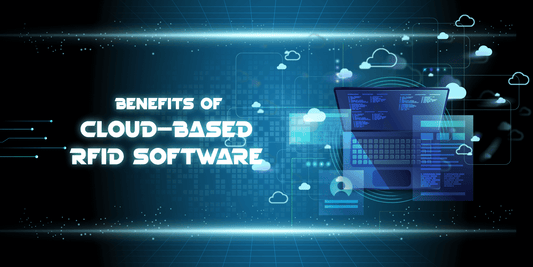
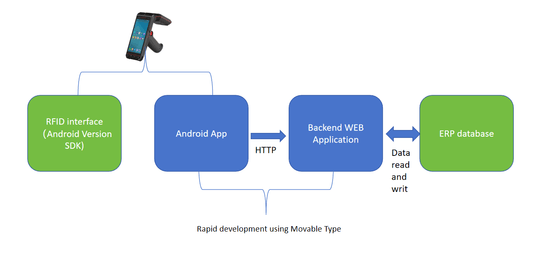
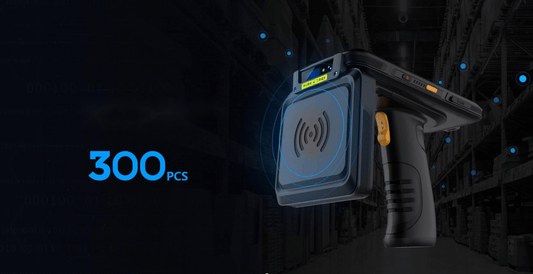

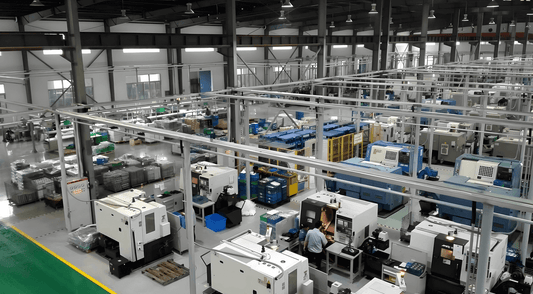
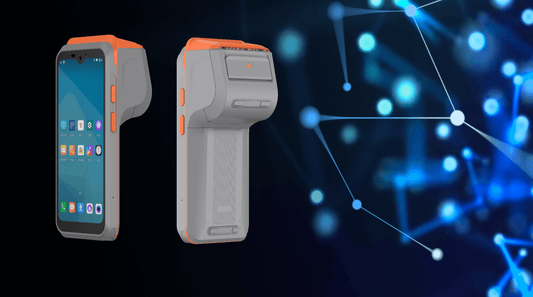
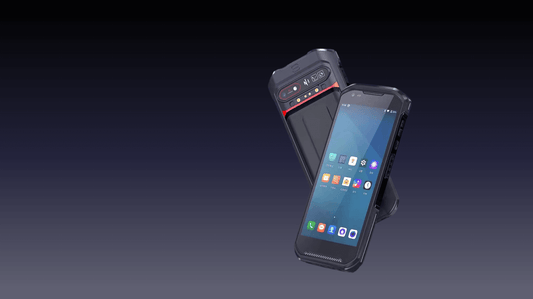
0 comments